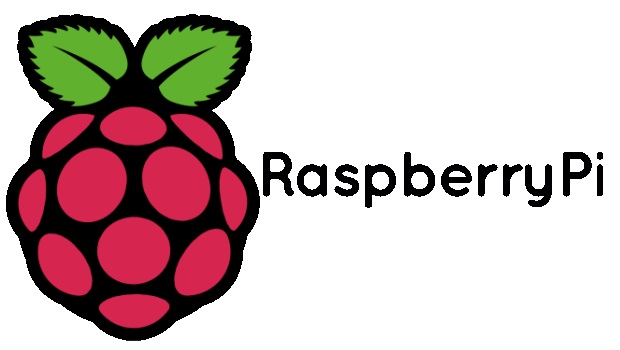Raspberry Pi has launched a new version of its successful ‘DIY computer’- with future support for Windows 10 when it goes live later this year.
The device, essentially a motherboard with input and output sockets to build a customised computing device, was an instant hit when it first debuted in 2012.
The new Raspberry Pi 2 now includes a more powerful processor and twice as much RAM.
While users have never been able to officially run copies of the Windows operating system on the Raspberry Pi without resorting to an old version or workarounds, Microsoft has said it’s “delivering a version of Windows 10 that supports Raspberry Pi 2.”
It’s not clear exactly what version of Windows 10 will be available, but Microsoft is handing it out for free to the Maker community through its Windows Developer Program for IoT later this year.
With the pricing of the Raspberry Pi 2 and Microsoft’s free copy of Windows 10, the launch means customers could have a full PC with the most up-to-date operating system for just $35 later this year.

A boost to developing markets?
Raspberry Pi has pioneered next generation super-low cost high spec processors and the cost of computing power continues to tumble.
The news may may not sound like big news if you’re reading this on a smartphone in a technically advanced country, but low cost computing will transform many developing and emerging markets
Large groups of people in Latin America, the Indian sub-continent, Middle East, Africa, China and South East Asia remain technically excluded from the digital age but low-cost computing can change this landscape.
Danny Meadows-Klue, Head of the Digital Strategy Consulting group that creates marketing strategies for consumer brands in D&E markets, said: “Low cost computing is transformative to societies, healthcare and productivity. The impact of this technology gives access to education and services in a way never before possible in many types of communities. From the latest healthcare advice for families, to stronger educational resources for teachers – even when the simple blackboard is all that’s available in classrooms – to improving workforce training: this type of technology unlocks a step-change.”
Meadows-Klue went on to explain how in the developed world, the impact of super-low cost tech will be equally profound, but very different: “In Europe, North America and the Far East, collapsing computing costs are fuelling the Internet of Things. As processing power costs fall, everyday devices can become connected, transforming the physical world around us. From smart fridges that can re-order your groceries, to smart toothbrushes that look after your children’s dental care, to homes that think for themselves by reducing utility costs – that ‘near future’ is a reality all our generation will gradually transition into treating as the norm. With it come profound implications for how marketers organise their customer’s connections, and how brands structure their thinking.”

